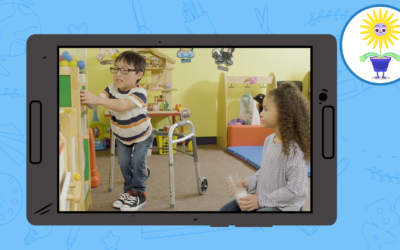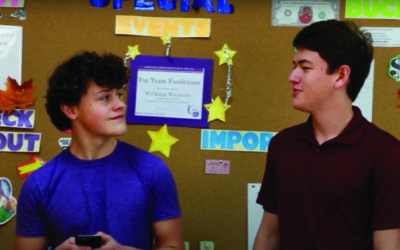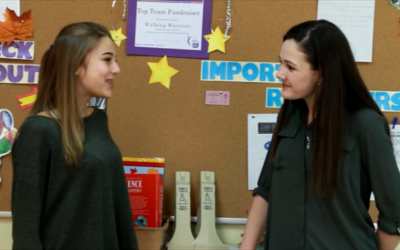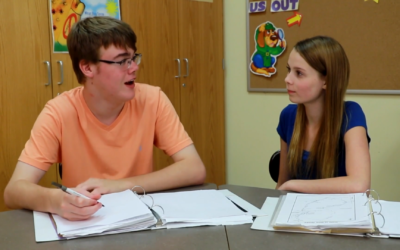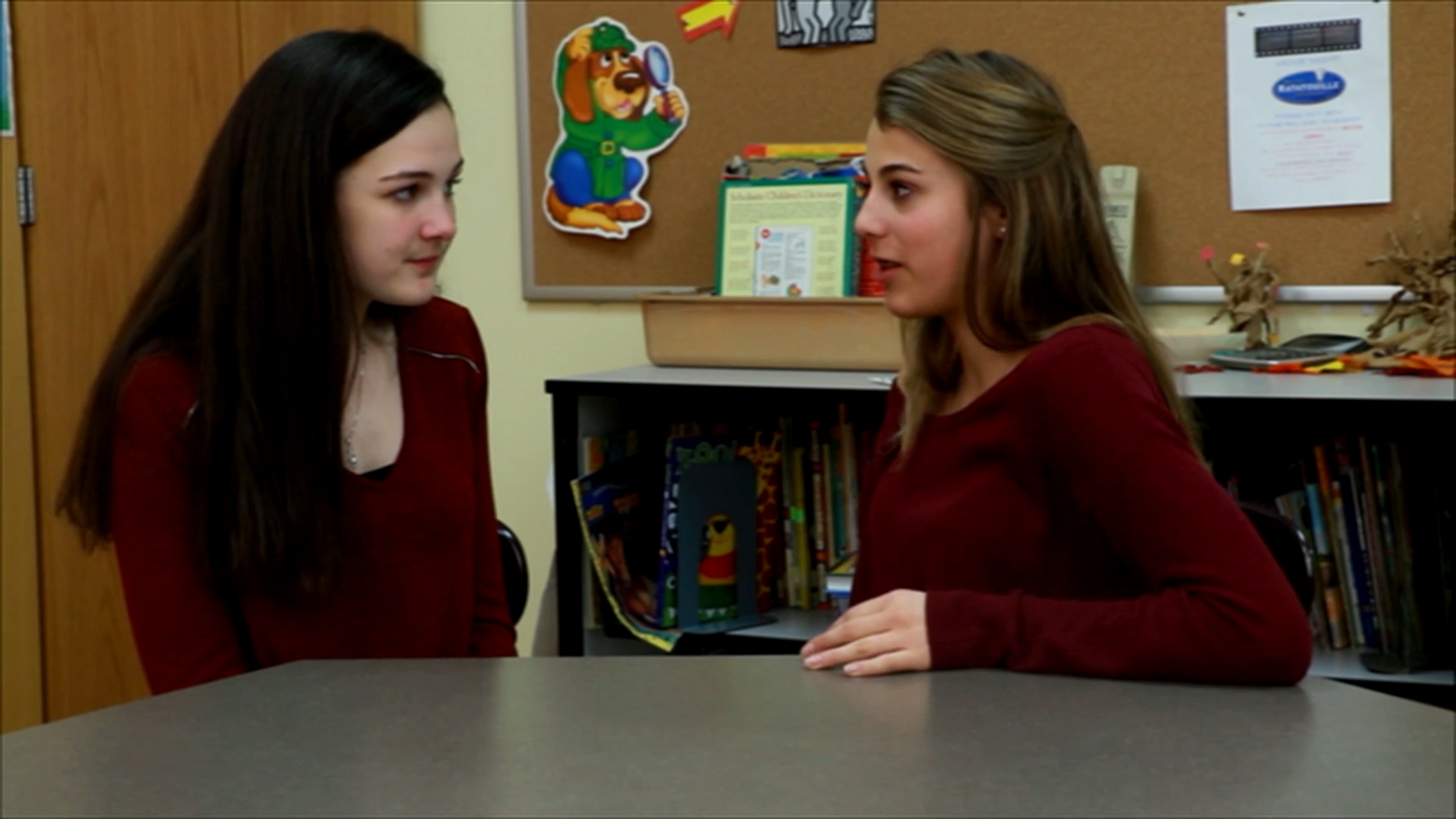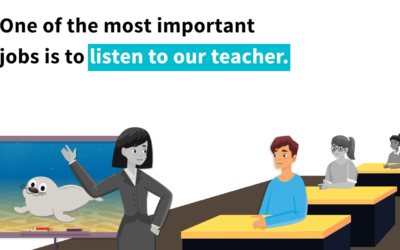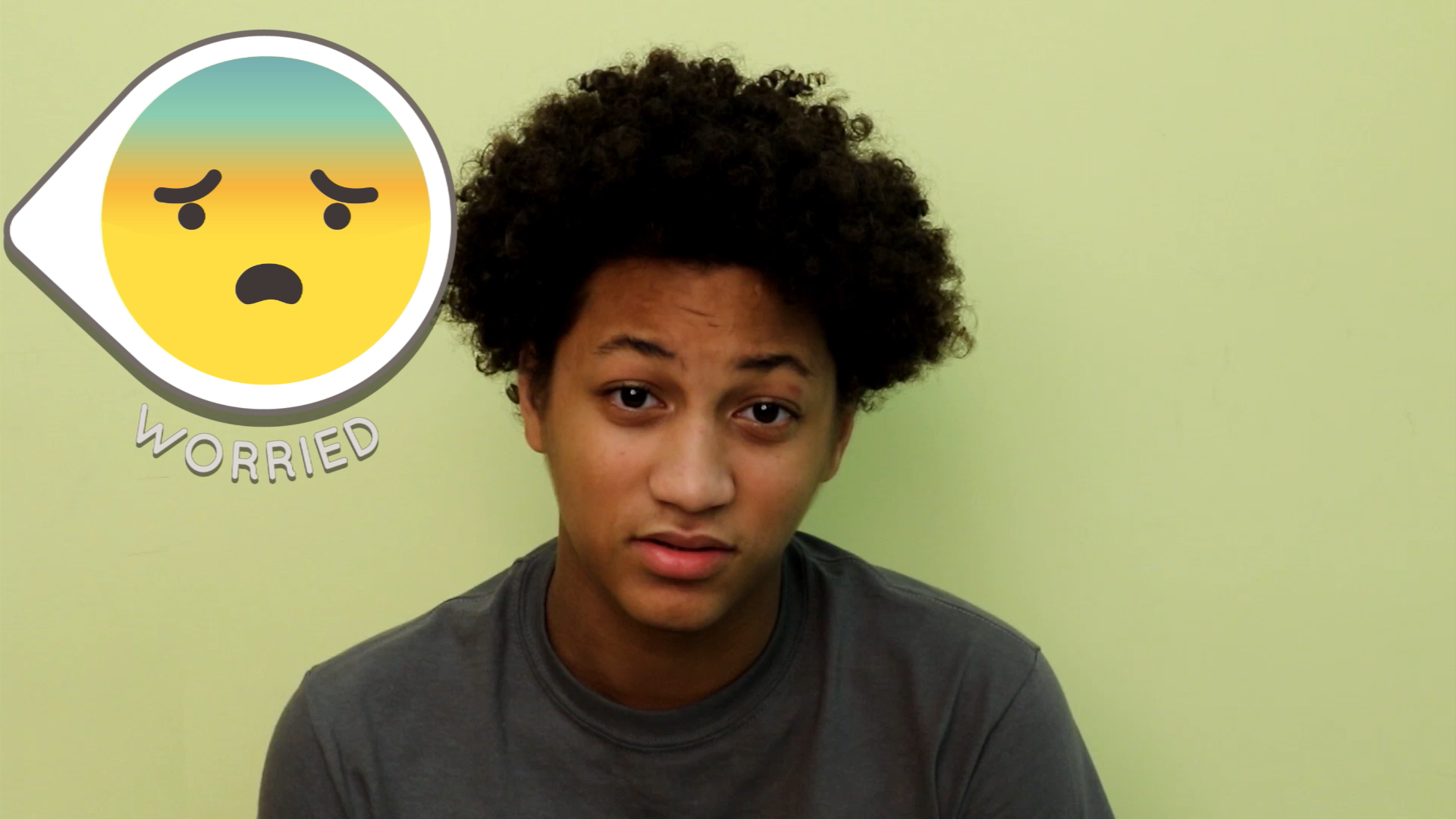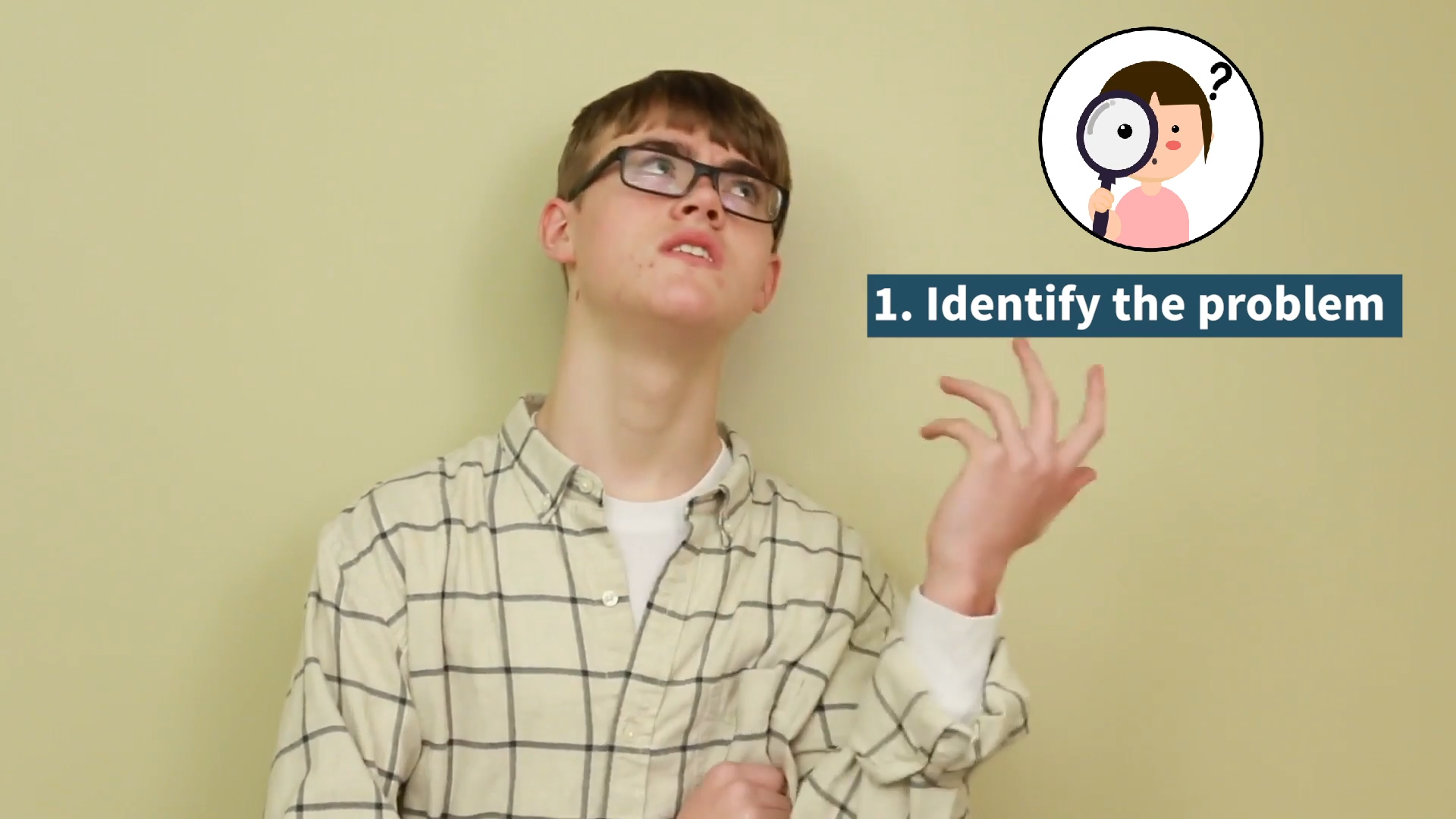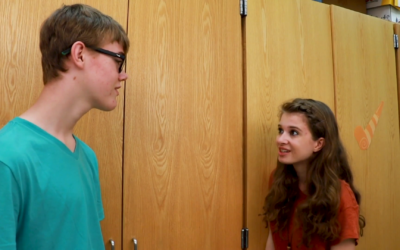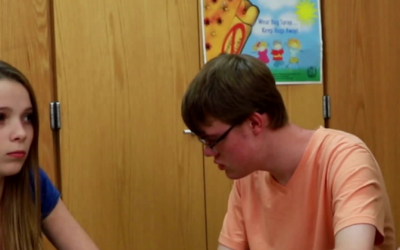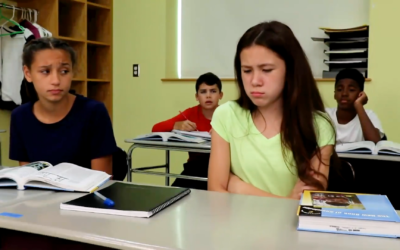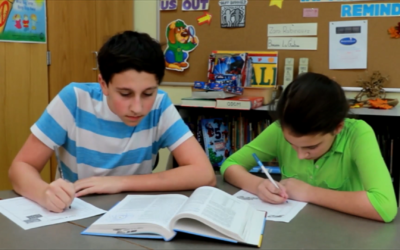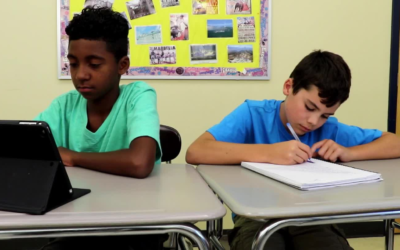Everyday Speech Blog
Social Skill Lesson Plans and Articles
No Results Found
The page you requested could not be found. Try refining your search, or use the navigation above to locate the post.
No-Prep Activities
Teaching Independence: Activities and Discussions for Educators
Developing independence is a crucial aspect of a student's growth and learning. By fostering independence, educators can help their students become more self-sufficient, resilient, and confident in their abilities. This blog post will discuss an easy-to-implement...
Teaching Small Talk Skills to Kindergarten Students
Introduction Small talk is a key social skill that helps children build connections with their peers and adapt to new social situations. By learning to engage in small talk, Kindergarten students can develop their communication abilities and foster a sense of...
Making Plans with Friends: Activities and Tips for High School Educators
Introduction One essential skill in Social-Emotional Learning (SEL) for high school students is learning how to make plans with friends. Making plans involves communication, negotiation, and collaboration, which are all crucial life skills. In this blog post, we will...
Teaching Sarcasm Recognition in Middle School: Activities and Discussions
Introduction Sarcasm is a common form of communication that can be both humorous and confusing. It involves saying something while meaning the opposite, and is considered a type of Disguised Thought. Teaching middle school students to recognize sarcasm can help...
Teaching Middle School Students to Express Interest and Improve Communication
Introduction Effective communication is a key component of social-emotional learning, and teaching students how to express interest in conversations is essential for building strong interpersonal relationships. In this blog post, we will explore an engaging no-prep...
Developing Listening Skills: The Key to Successful Learning in Elementary School
Introduction Elementary school is a crucial time for students to develop essential skills. Among these skills, the ability to listen to their teacher is of utmost importance. Listening is the foundation for learning new information, understanding the world around us,...
Teaching Kindergarten Students About Controlling Jealousy
Introduction Jealousy is a natural emotion that everyone experiences at some point in their lives. It is especially common among young children, who might feel envious of their peers' accomplishments or possessions. As educators, it is essential to teach Kindergarten...
Emotion ID: Helping Kindergarten Students Recognize Emotions
The ability to recognize emotions in others is a crucial skill for young children to develop. In this blog post, we will introduce a no-prep activity called Emotion ID, which is designed to help Kindergarten students learn how to identify emotions in others using...
Teaching Problem Solving Steps to Special Education Students
Introduction In our everyday lives, we all face problems, whether at school or at home. To help students become better and more independent problem-solvers, educators can teach them the Problem Solving Steps. This structured approach allows students to identify,...
Teaching Middle School Students the Art of Asking Someone Out
Asking someone out can be a nerve-wracking experience for middle school students. In this blog post, we will explore an engaging no-prep activity that helps students learn how to confidently and respectfully ask someone out. The activity will be followed by discussion...
Teaching Students How to Start Conversations: A Guide for Educators
Introduction Starting a conversation can be challenging for some students, especially when they are unsure of how to approach someone or what topics to discuss. In this blog post, we will explore the essential steps to starting a successful conversation and provide...
Teaching Good Sportsmanship: Handling Loss with Grace in Middle School
Introduction Life is full of challenges and opportunities for growth, and one of the most important skills for students to develop is learning how to handle loss with grace. Being a good sport means not complaining or getting upset when we lose. By incorporating...
Helping PreK Students Manage Worries and Make Good Choices
It's normal for everyone to feel worried at different times in their lives. As educators, we can help our students understand the difference between worries they can control and those they can't, and teach them strategies to manage their emotions. This blog post will...
Teaching Quiet Body Skills for Focused Learning – A Guide for Special Education Educators
Introduction For students in special education, learning to maintain a quiet body during work time is an essential skill. A quiet body refers to minimal movement of arms, legs, hands, or feet, which helps students focus on the task at hand and reduces distractions for...
Teaching Effective Communication Skills to Elementary Students
Introduction Effective communication is a crucial skill that children need to develop, as it helps them express their thoughts, feelings, and ideas clearly. In this blog post, we will discuss a no-prep activity that educators can use to teach elementary students how...

